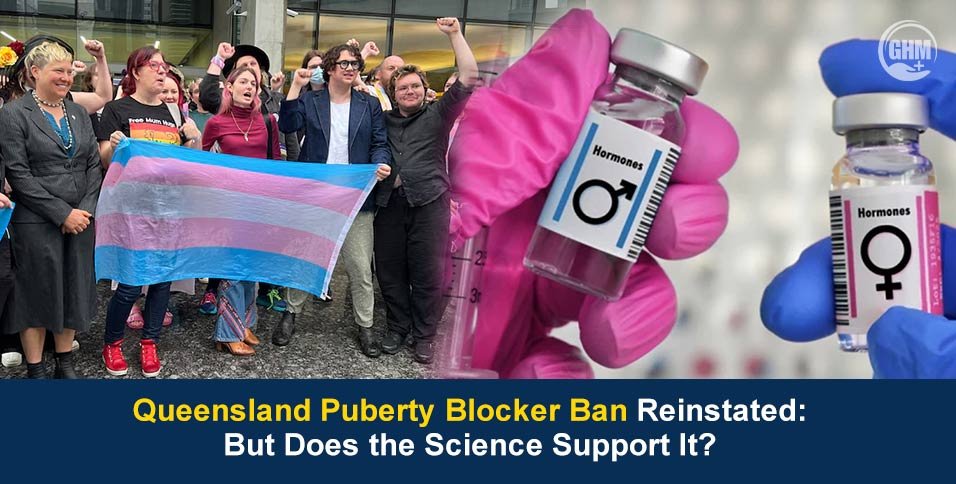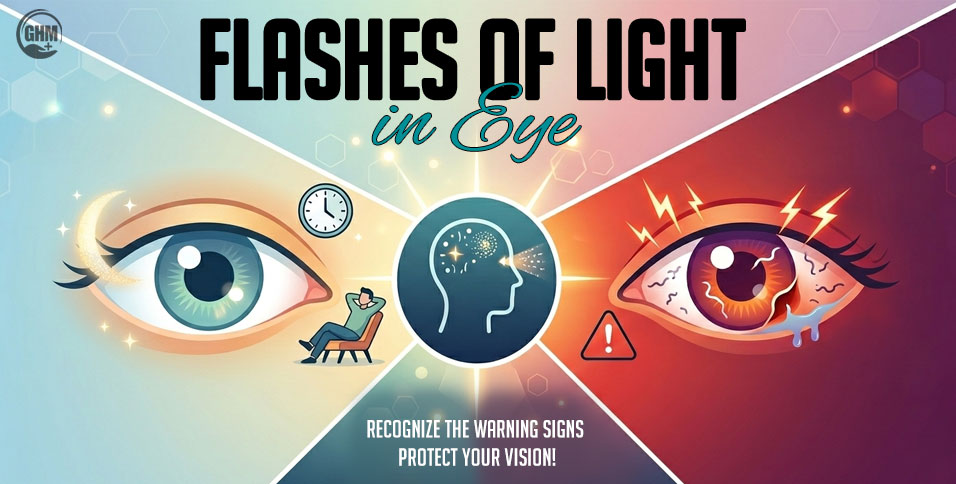In a fast-moving series of events, the Queensland puberty blocker ban has been restored. It creates the need to discuss about the science, safety, and ethics of gender-affirming care for transgender youth.
Hours after the Brisbane Supreme Court overturned the state’s earlier prohibition on prescribing puberty blockers, Queensland’s Health Minister reinstated the ban, sparking concern from medical professionals and human-rights advocates alike.
This tug-of-war between courts and policymakers has once again raised a fundamental question: What does medical science actually say about puberty blockers?
From Ban to Court Reversal to Reinstatement
- August 2025: The Queensland government announced a sudden suspension of new prescriptions for puberty blockers in public clinics, citing the need for an “urgent review” of gender-affirming services.
- October 28, 2025 (Morning): The Brisbane Supreme Court ruled that the Queensland Puberty Blocker Ban was unlawful, noting the lack of consultation with medical professionals and affected families.
- October 28, 2025 (Evening): Within hours, Health Minister Shannon Fentiman issued a new ministerial directive effectively reinstating the restriction, pending further “clinical guidelines.”
- The result: hundreds of young people remain in limbo, waiting for clarity on essential care.
What Are Puberty Blockers and Why Are They Used?
Puberty blockers are gonadotropin-releasing hormone (GnRH) analogues that can temporarily pause the physical changes of puberty in transgender and gender-diverse youth who have started puberty.
They’ve been used safely for decades in children with precocious puberty (early onset of puberty).
For transgender adolescents, blockers provide time to explore gender identity before irreversible physical changes occur. The effects are reversible, as when treatment stops, puberty resumes.
“Puberty blockers are not a decision to transition, they’re a pause button,” explains the Endocrine Society, which supports their use under expert supervision.
What the Science Says About Puberty Blockers
- Proven Benefits
- Improved Mental Health:
Studies published in JAMA Network Open and The Lancet Child & Adolescent Health found that transgender youth on puberty blockers reported lower depression and anxiety scores and reduced suicidal thoughts compared to untreated peers.
- Social Functioning:
Early access to blockers allows adolescents to integrate more comfortably in social environments aligned with their gender identity.
- Known Risks and Limitations
- Bone Density:
Temporary reductions in bone density have been observed, but data show recovery after resuming puberty or starting hormone therapy.
- Fertility and Long-Term Data:
The long-term impact on fertility remains under study, though blockers alone do not cause infertility.
- Access and Supervision:
The main risks arise when treatment is interrupted or unsupervised, highlighting the need for specialist endocrinology oversight.
- What’s Still Unclear
- Long-term psychological outcomes into adulthood are still being studied.
- Evidence gaps exist due to limited longitudinal research. It is a challenge shared across many pediatric treatments, not just gender-affirming care.
What Global Guidelines Say
Major medical bodies around the world endorse careful, evidence-based use of puberty blockers, not blanket bans.
- Endocrine Society (U.S.):
Supports puberty blockers for adolescents experiencing persistent gender dysphoria after psychological evaluation.
- World Professional Association for Transgender Health (WPATH):
Recommends individualised care, noting significant mental-health benefits.
- Royal Australian and New Zealand College of Psychiatrists (RANZCP):
Advises multidisciplinary assessments and warns against politicising medical decisions.
“Policy should not override clinical judgment,” says Professor Fiona Russell, a paediatrician at the University of Melbourne. “These are nuanced, case-by-case decisions, not political talking points.”
When Politics Meets Medicine
The Queensland puberty blocker ban highlights a recurring problem: the intersection of healthcare and politics.
While the Brisbane Supreme Court emphasised that health directives must follow due process and consultation, the rapid reinstatement of the Queensland Puberty Blocker Ban suggests that policymaking in sensitive health areas can become reactionary and politicised.
In medical communities, the concern is not just the ban itself, but its impact on patient trust and continuity of care. When young people experience interruptions in treatment, anxiety and distress can escalate, undermining both mental health and family stability.
The Global Scenario
Queensland’s decision reflects a wider international debate.
- In the UK, the NHS recently overhauled its gender-care services after an independent review called for stronger data collection.
- In several U.S. states, legislative bans have faced similar legal pushback as courts question whether such restrictions violate healthcare rights.
- Meanwhile, countries like the Netherlands and Canada continue to support puberty blockers as part of comprehensive gender-affirming care.
These approaches underscore how policy often moves faster than science but not always in the same direction.
Evidence Over Ideology
The science behind puberty blockers is not perfect, but it is substantial, peer-reviewed, and internationally recognised.
Major medical societies agree on one principle: decisions should rest with clinicians, patients, and families, not politics.
Conclusion
The Queensland puberty blocker ban may change again in the coming months, depending on ongoing reviews and potential legal appeals.
But for now, it stands as a test case in how governments navigate complex, deeply personal health issues and whether they can do so guided by evidence, empathy, and transparency













